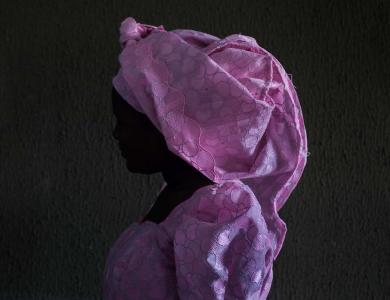
Brett is a member of PhotoShelter, the leader in portfolio websites, photo sales, marketing and archiving tools for photographers.
Hi Brett. Thanks for talking with us... Please tell us a little about you and your photography
Hey! I’m a photographer and video producer..cinematographer…videographer? I struggle with what to call that side of me. I reside in rural Pennsylvania but work all over the United States for a wide array of clients. I cover the NFL and other sports for companies like Getty Images, I shoot features and news for a large gamut of clients including The New York Times, AARP, Getty, NBC News etc. My favorite accomplishment has been my personal project on Flint, Michigan titled 'Welcome to Flint' that was self-published with my good friend Juan Madrid and focuses on the city’s struggles (prior to the water crisis).
I generally work in a documentary photography style, but I'm also not scared to setup my Profoto’s and work on a still life or portraiture project.
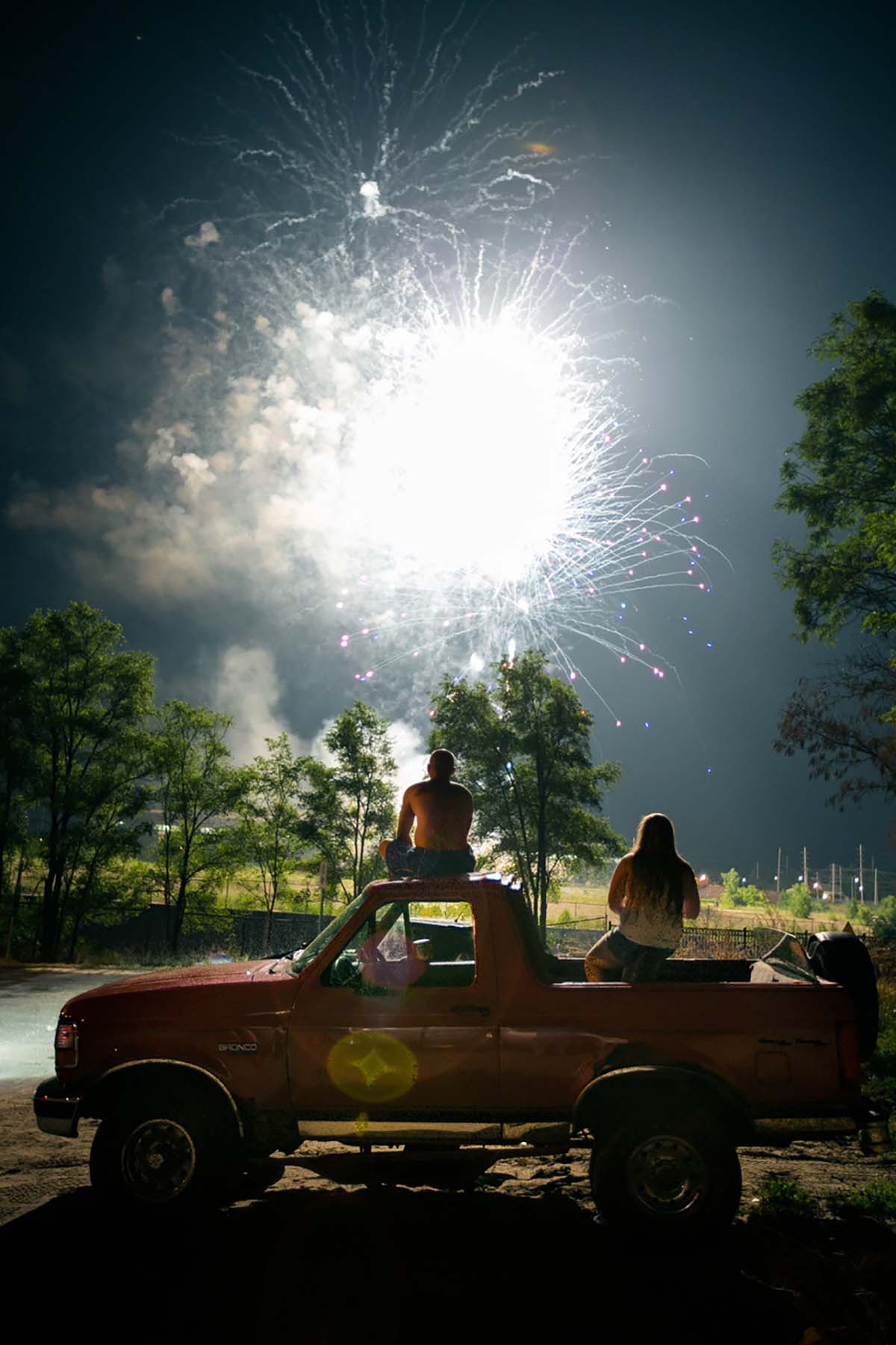
Why photography? What does the medium mean to you?
From as early as I can remember I always loved art. However, my father, grandfather, aunt and uncle were/are all engineers so you could say technology and problem solving were in my blood. I studied photography through middle and high school but science won when it came to college. Shortly after I flunked out of Penn State’s engineering program and changed majors to art (what I wanted to do anyway), was given a Nikon D50 for my 19th birthday and it was just nature taking over after that. I just love being able to think on my feet, create art, document real life and problem solve all at the same time. What keeps me going is learning, I learn about people’s stories, social issues, new technology etc. every time I go and shoot an assignment and I love that so much.
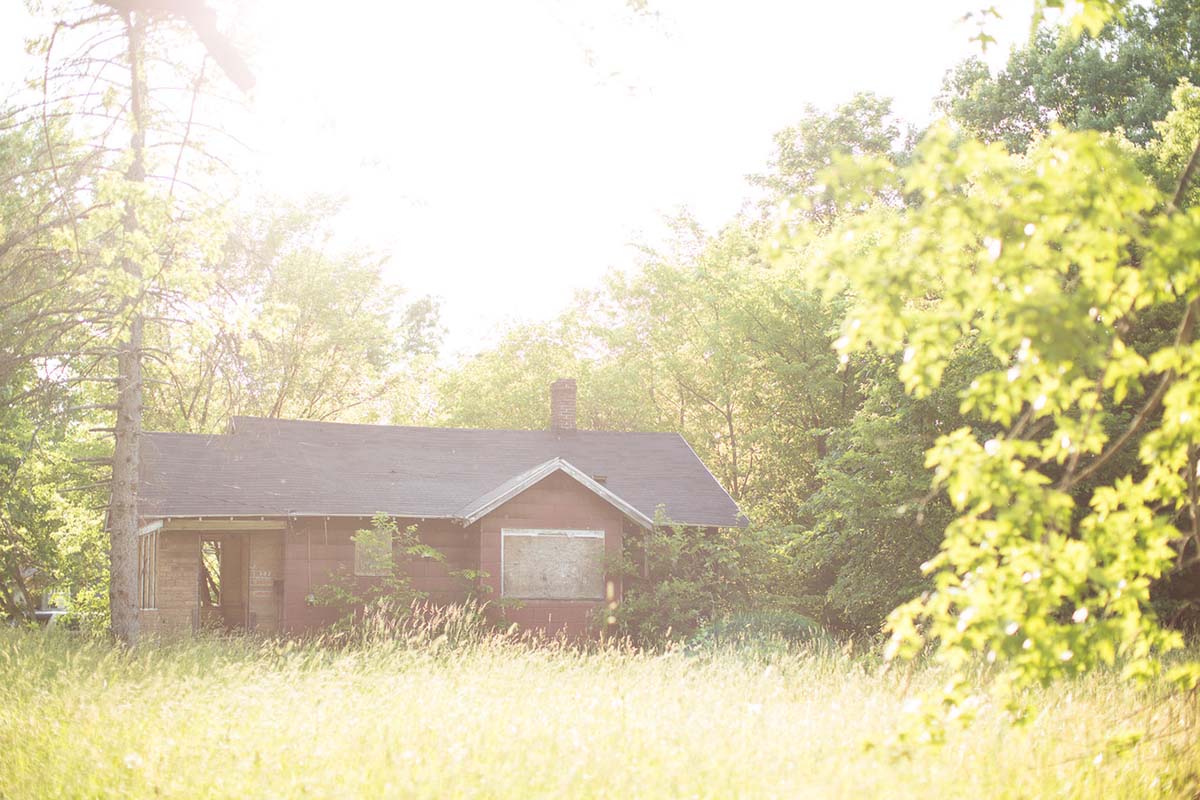
Talk to us about combining stills and video into your work
It all initially started at my time at RIT (BFA 2012) where a lot of people smarter than myself advised me to learn about it. I spent my senior year almost entirely in the film school and I'm very grateful that I did. Coming from the world of photojournalism it is empowering to basically cut out editorial control of others, which in video you can do. I control the story, I shape the viewer’s experience and the visuals, something that really never happens in still photography. From a purely visual standpoint it’s also empowering to have a new dimension to work with. A photograph that may be boring could really sing when it lives and breathes with video or when you add audio etc. Video as a medium is extremely challenging but the pay off is usually equally as rewarding, especially to the non photographer types.
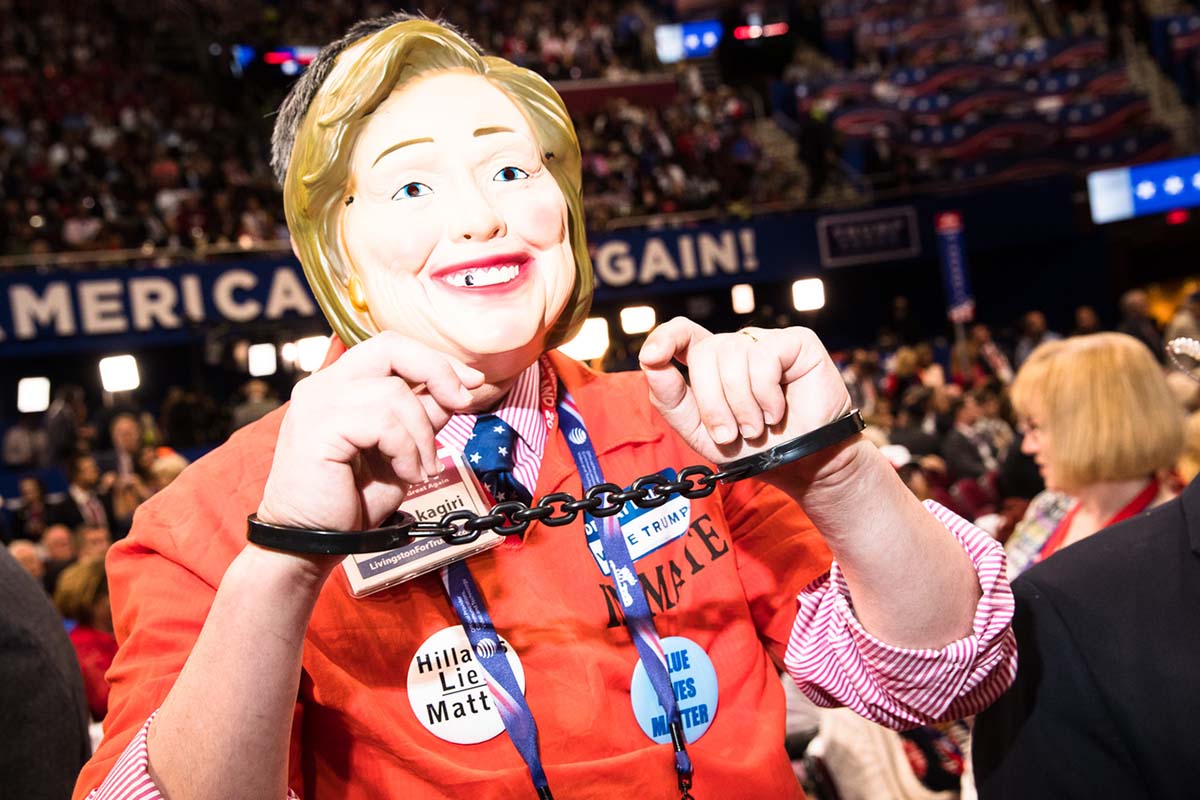
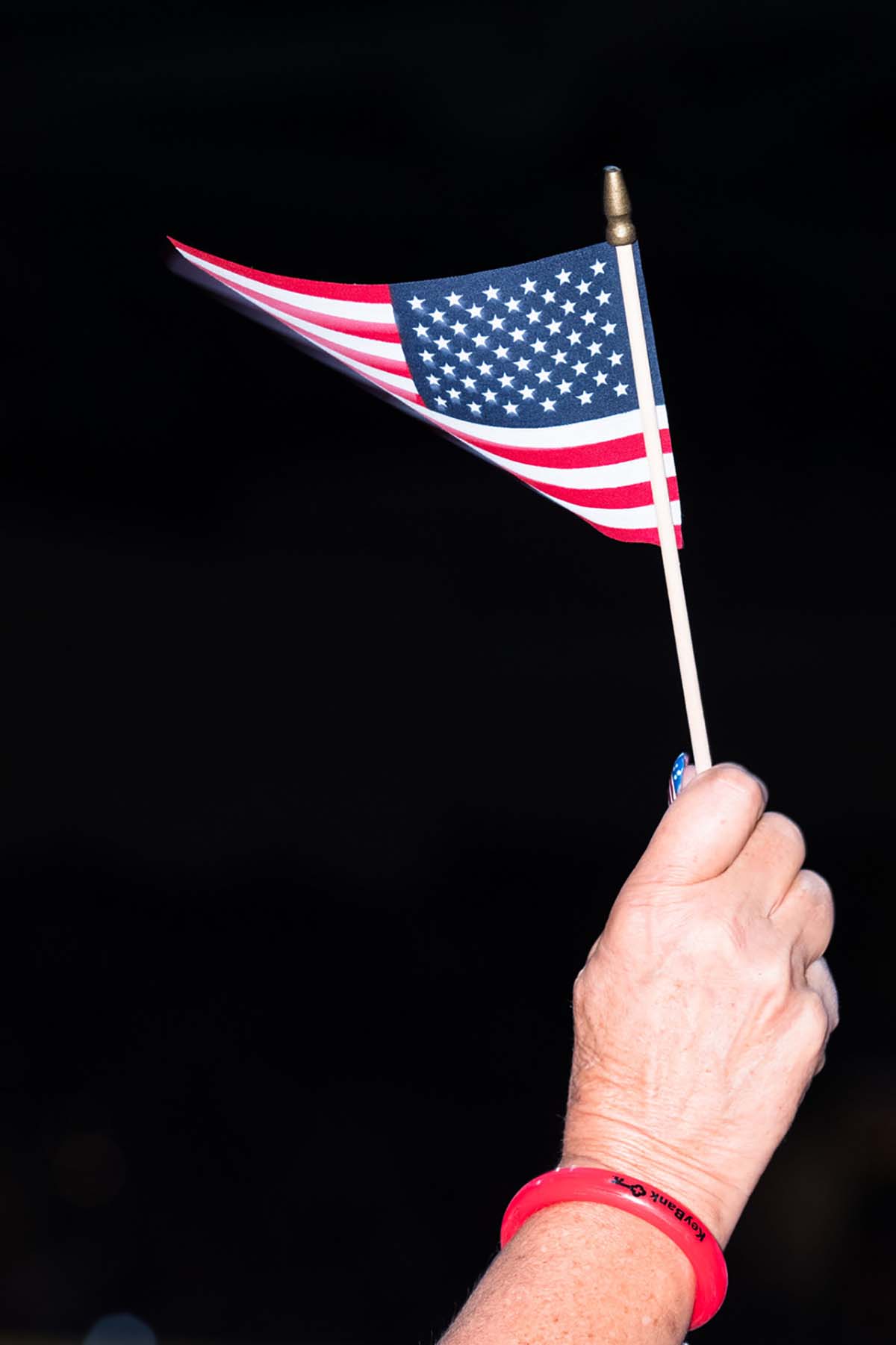
What inspires you and your work?
I think I just always strive to find the untold or quirky story. I geek out every time I hear about something that is wild and weird, preferably in a campy or fun way but also in a sad or heart-wrenching way too. Most people in documentary photography really love beating the same dead horses of poverty and pain; I’m not free of guilt in that regard, but I also love to find stories that make people see more of our world and smile when we can. I also really love upsetting normal dialogues on topics, that’s been my latest push. Finding stories that take the normal narrative in society and upset it. That’s really hard to find and do, but when you do it confuses everybody and usually they like it.
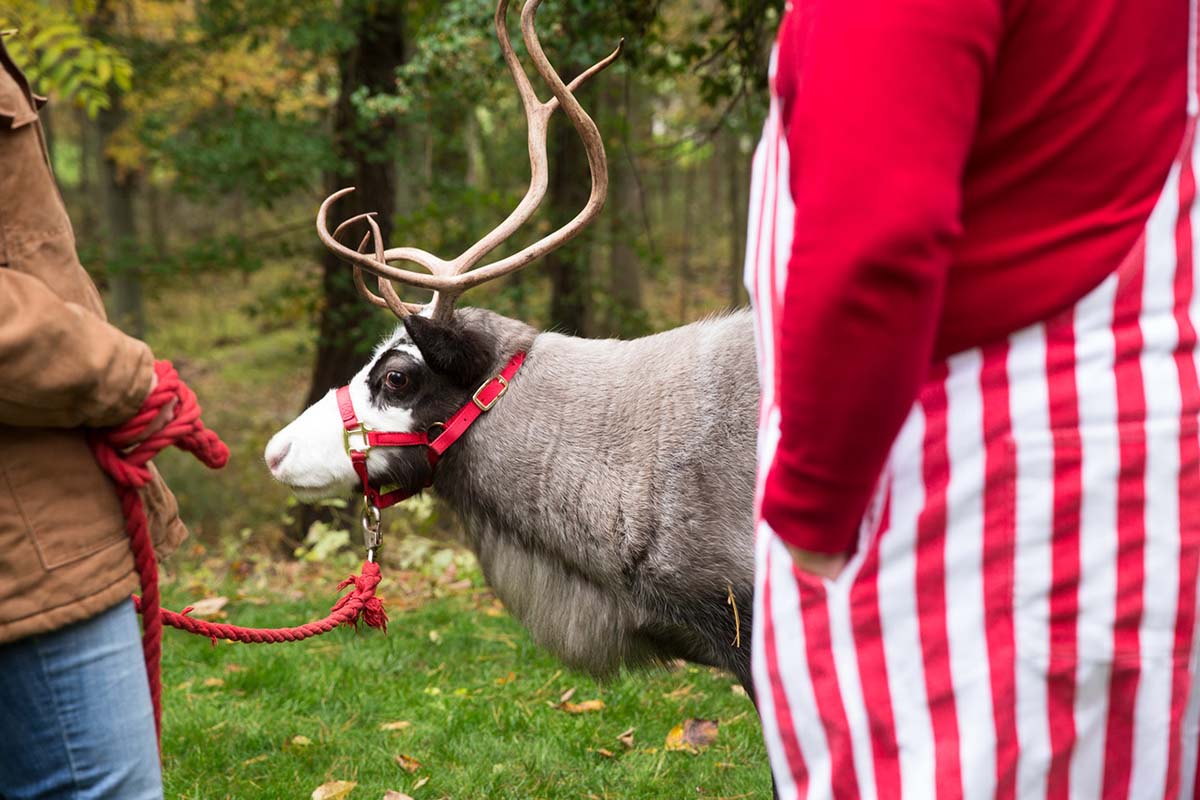
Do you have a photographic philosophy?
Not entirely sure how to answer that... I try to be objective and maintain an apolitical status as far as my approach to topics go. I find there is major issues with bias in the world of photography and I try very hard to maintain objectivity. When it comes to how to approach photography I’ll steal what Paolo Pellegrin told me when I worked for him and that is to make work that asks questions, not answers them. What he meant by that is basically start discussions and let the reader/viewer come to their own conclusion or start the discussion rather than you being heavy handed and telling them what to think.

